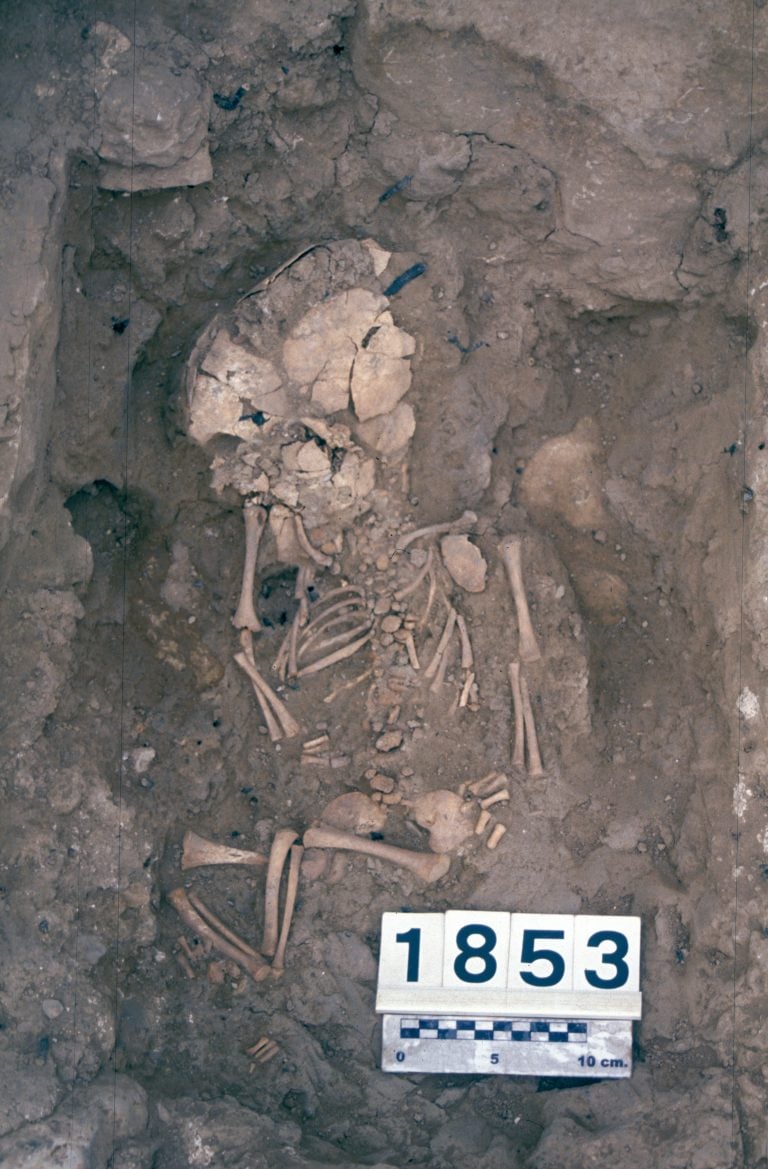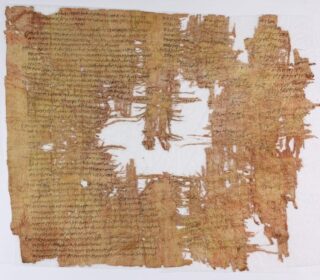New Study Reveals Natural Causes Behind Infant Deaths, Not Rituals
For centuries, the ancient Iberian culture has fascinated historians and archaeologists alike. Recently, a team of researchers from the Universitat Autònoma de Barcelona shed light on a long-standing mystery surrounding infant mortality in ancient Iberia. Their groundbreaking study reveals that most infant deaths were due to natural causes, such as labor complications or premature births, rather than ritual sacrifices or infanticide.
The Iberian Culture and Infant Burials
The Iberian culture, which flourished from the 8th to 1st centuries BCE, had a unique approach to death and burial. Typically, the deceased were cremated, and their remains were buried in urns. However, archaeologists discovered non-cremated infant remains in domestic spaces, sparking controversy among experts.
A New Approach to Understanding Infant Mortality
To unravel the mystery, researchers employed innovative dental analysis techniques. By studying the neonatal line of baby teeth using optic microscopy and microfluorescence with synchrotron light, scientists precisely identified birth and death moments.
Key Findings
The study analyzed 45 infant skeletal remains from five Catalan archaeological sites, revealing:
- Almost half of the infants died during the perinatal period (27th week of gestation to first week of life).
- Most perinatal deaths occurred at birth or shortly after.
- Premature births were a common cause of death.
- Infants who survived beyond the first week lived up to 67 days.
- No burials of infants older than two months were found.
Conclusion
“These data reinforce the hypothesis that most perinatal deaths were caused by natural factors, not cultural practices,” says Xavier Jordana, Associate Professor at the UAB.
This study provides valuable insights into ancient Iberian infant mortality, highlighting the importance of advanced analytical techniques in unraveling historical mysteries.
Reference:
Journal of Archaeological Science
Researchers:
Universitat Autònoma de Barcelona, University of Vic-Central University of Catalonia, ALBA synchrotron
Share Your Thoughts
How do these findings change your understanding of ancient Iberian culture? Share your insights in the comments below.
Stay Updated
Subscribe to our newsletter for the latest breakthroughs in archaeology and science.

















